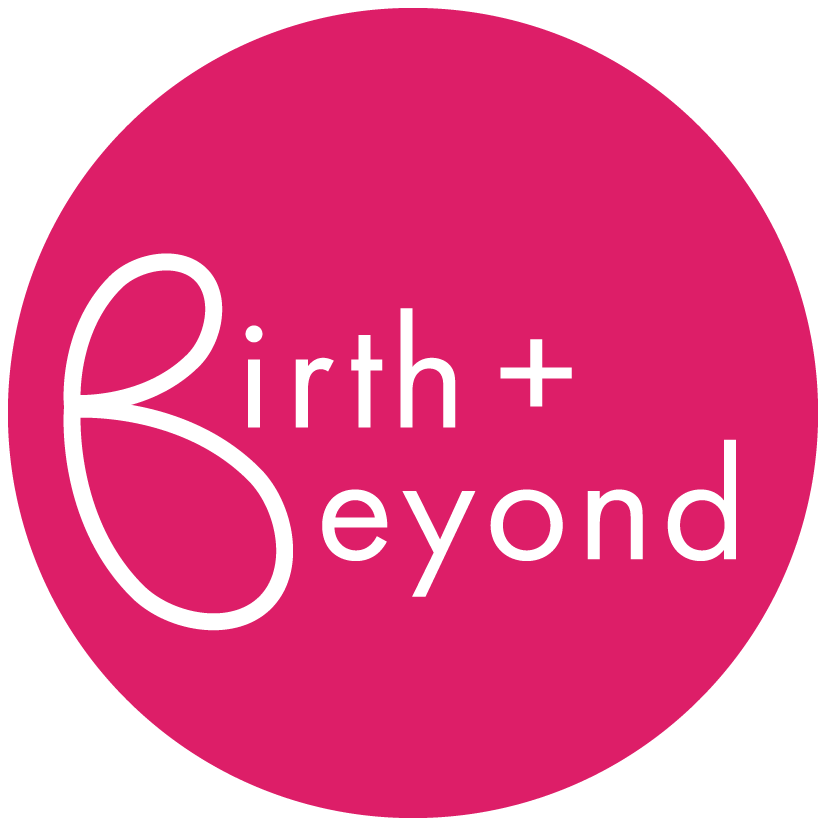You’ve been there. The time where another mother starts talking about how ‘clueless’ her partner is with their baby.
She talks about the time he went out with the baby and forgot a blanket/ bottle/ soother/ nappy bag/ insert appropriate item. Or how he tried to feed the baby a bottle in the wrong way. Or how he had no idea that the baby liked to be patted on the bum when being rocked to sleep.
And you feel uncomfortable or else you might talk about your own issues with your partner, but either way it doesn’t change the situation. The great thing is that this situation CAN be changed.
So how does this situation arise?
Maternal gatekeeping is the term used to describe how mothers can prevent fathers from becoming skilled and confident parents. Unfortunately, when mothers do it, it ends up not just damaging their partners’ relationship with the baby, but also damaging their own relationship with their partner.
Mothers do this through criticism, undermining the father’s efforts, and taking on most of the responsibility around the home. Unfortunately, despite putting barriers up to our partners looking after the baby, that doesn’t necessarily stop us complaining that our husbands ‘don’t pull their weight’ or don’t appreciate us for our efforts.
Why does it happen?
It’s hard to resist falling into this trap as new parents, for a variety of reasons.
As mothers we often have more maternity leave, so we will be spending more time with our babies, which automatically gives us more chance to become the ‘expert’ on our child.
When there are more demands on our time and we’re tired, it can be easier for both parents just to default to relying on this expertise, rather than giving the father space and time to work things out himself.
Services for parents are often aimed at mothers, and fathers can feel strange joining ‘parent and baby’ groups where they’re in the minority. This leads to dads feeling less ‘skilled’ as a parent, as they are less likely to access the courses and services that help give new mothers support and confidence.
Mothering might be seen as innate in women, rather than a learned ability that comes with time, patience, learning and support. If fathers aren’t ‘supposed’ to have that ability, then it can reinforce the sense that their contribution is ‘second best’.
How can we change it?
Mothers and fathers can find it hard to create equal opportunities to share in childcare, especially in the early days when there is often a great deal of attention paid to the mother to help her breastfeed. But in amidst the newness and chaos, it is possible for the new father to hang out with their baby in so many other ways, to have other times of skin to skin contact and bonding.
Later, if the father has to return to work after a short period of paternity leave, this time for bonding with and caring for the baby will become even more precious and hard to come by, but no less important. It needs to be protected by both the mother and the father.
Mothers can often feel guilty for leaving the baby with the father – they might feel the baby is their ‘responsibility’ or that the father needs some time to do his own thing after a hard week at work and looking after the mother.
Or it can be difficult to accept that the father will make mistakes or have different ways of looking after the baby. I remember itching with frustration whilst watching my husband learn how to deal with nappies and ignore my carefully constructed ‘system’ for packing our things for the day.
What new mothers say to their partners is equally important. It is difficult to learn anything in an overly critical environment, and if fathers feel that their way of doing things is going to be met with criticism, it makes it harder to learn their own ways of doing things as a parent.
That’s not to say that the responsibility lies solely on mothers to help fathers learn about their babies, but their encouragement and patience has a great effect on how much fathers want to engage with their babies.
The benefits of not gatekeeping are massive.
For a start, there is less resentment on either side, as mothers are more supported by the father, not only practically but also emotionally as they understand more of how it is to look after a baby. On the father’s part, they are less likely to be resentful of the time the mother spends with this other person, and feel included in that relationship.
Studies have shown that more shared responsibility in family matters leads to greater intimacy between couples – which can only be a good thing. And children who have more involved fathers are more likely to do well emotionally, socially and academically.
Shared parenting benefits everyone in the family, so it’s important to recognise the urge to ‘gate keep’ and try to rein it in.
Gatekeeping behaviour is often linked to how mothers see the role of fathers and how much they trust their partner to look after their child. If you have got into this dynamic with your partner, it can be difficult to learn to develop confidence in your partner’s ability to look after your baby.
But this pattern can be changed, if you want it to.
Sometimes having counselling to discuss your fears about what will happen if you rely on your partner more, can help you make changes that give you both more freedom in the parenting relationship. It can be hard to change these patterns of behaviour, but ultimately the benefits are worth it for everyone in the family.

